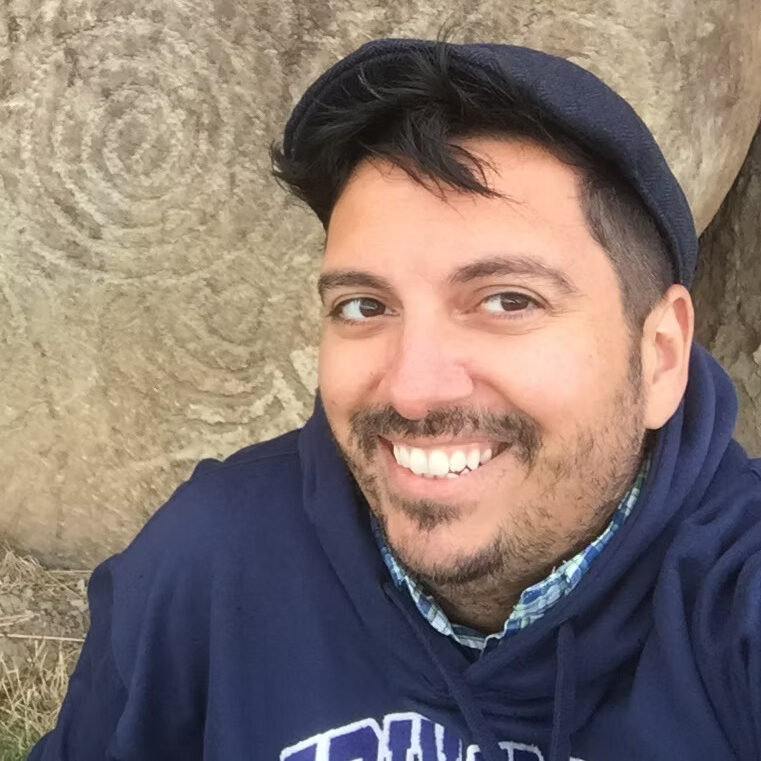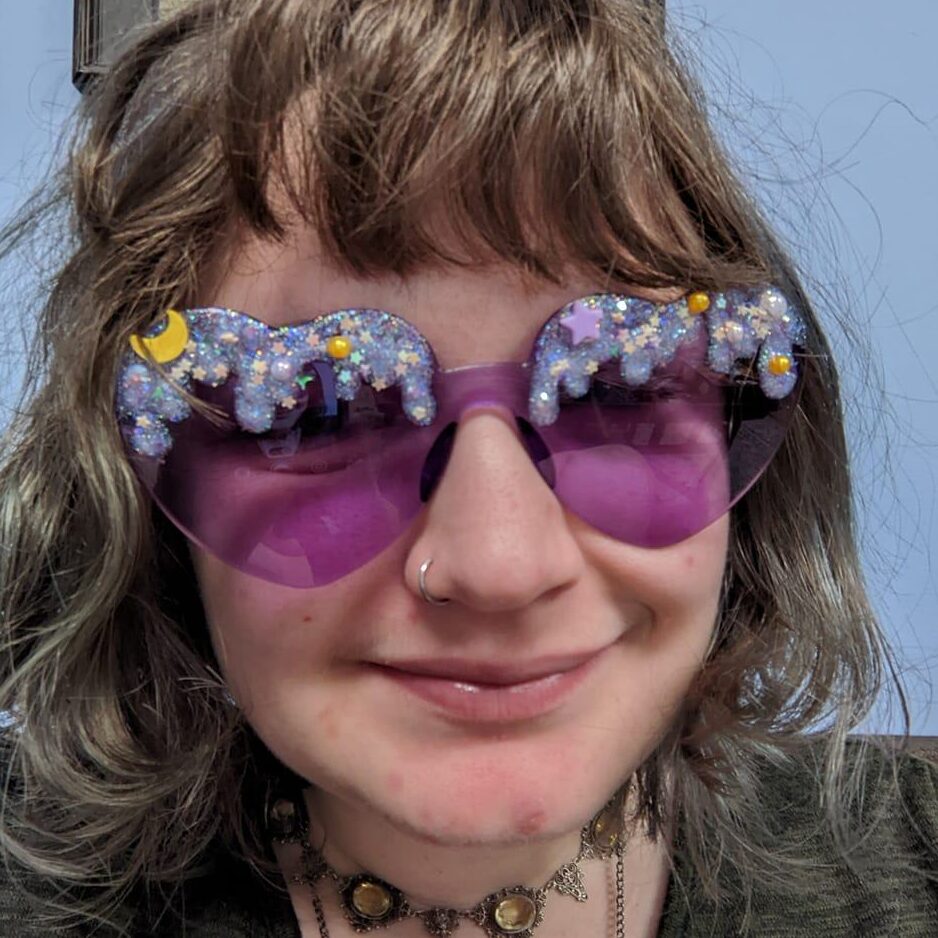Ever since cancer invaded his adoptive mother’s life, Brett feels like he’s losing everything, most of all control. To cope, Brett fuels all of his anxieties into epic fantasies, including his intergalactic Kid Condor comic book series, which features food constellations and characters not unlike those in his own life.
But lately Brett’s grip on reality has started to lose its hold. The fictions he’s been telling himself – about his unattractive body, the feeling that he’s a burden to his best friend, that he’s too messed up to be loved – have consumed him completely, and Brett will do anything to forget about the cosmic-sized hole in his chest, even if it’s unhealthy.
But when Brett’s journal and deepest insecurities are posted online for the whole school to see, Brett realizes he can no longer avoid the painful truths of his real-life narrative. As his eating disorder escalates, Brett must be honest with the people closest to him, including his new and fierce friend Mallory who seems to know more about Brett’s issues than he does. With their support, he just might find the courage to face the toughest reality of all. We spoke with YA author Josh Galarza about his contemporary fiction book, The Great Cool Ranch Dorito in the Sky. Galarza shared about eating disorder representation, growing up gay in the 90s, and how he approached sensitive topics in his novel.
This interview has been edited and condensed for clarity.
Your protagonist, Brett, struggles with an eating disorder. In Goodreads, I saw a number of reviews that said this is the first time they’ve read about a boy with an eating disorder, and that most rep in that department is about girls. This made me want to ask about your thoughts on gender stereotypes in the mental health world. In terms of male representation in mental health, what are things you’d like to see more of? What do you think is lacking?
I’d love to see more stories that directly address emotional intelligence and emotional granularity. In all of my years studying men and masculinity, I’m struck again and again by this pervasive sense that the mental health of our gender is in peril, that boys—at least by the time they’re in adolescence, if not before—are buckling under the pressures of their gender performance and their desire to display the supposed traits of a man: be a winner, be a provider, have all the answers, be a leader, be a hero, dominate, control, protect, and on and on and on. Many of these traits directly contradict each other, placing boys in an impossible bind that expects them to reject their true inner selves—whomever that person might most authentically be—in favor of a disordered relationship with their spirit. I’m currently obsessing overPermission to Feel by Marc Brackett, Ph.D., who writes of the important roles emotions play in our lives, from our cognitive abilities to our creativity to our interpersonal relationships and beyond. If what I believe is true—if most boys are suffering silently with a range of mental health issues—and the research certainly suggests as much, we need more stories that give boys permission to feel, to emote, to talk about their emotions, to seek support, to be intimate and vulnerable with other boys outside of sexuality. This is the social blueprint we give girls, and it proves immensely useful when they are struggling or suffering. They have networks of other women and fem people to help them in times of crisis. It is my wish that boys stop being denied this life-giving and often life-saving mode of social connection. My book is often described as a “soft boy” book, but I’d argue that there’s no such thing as a hard boy, only a boy who has beenhardened, and that is one of the most destructive failures of our culture.
Your book has such a creative and fun title. For some writers, coming up with a great title is hard. Was it difficult or easy for you? How did you come up with it?
The title existed before the book did! I would lie stargazing on my trampoline in the backyard, making up my own names for constellations or other asterisms. I didn’t know what the giant triangle that straddles the Milky Way is called, but with all the smaller stars and other static, I simply imagined a Cool Ranch Dorito, complete with lots of Dorito dust. Eventually, I realized that I needed a way into protagonist Brett’s inner life, a way to examine elements of his makeup that he might not want to tell a reader about directly. The solution was a comic-book mythology that mirrored, if rather bombastically, Brett’s traumatic past. The Great Cool Ranch Dorito in the Sky became central to this intergalactic narrative, both as a symbol of Brett’s immaturity when
He first invented his comic characters but also as a symbol of the enduring quirkiness in his particular brand of creativity. Brett’s a little weirdo, and I love him for that.
What got you into writing and what inspires you?
Growing up gay in the 90s—a remarkably cruel time toward queer people—meant hiding. It meant being silent for fear others might discover the real me. By the time I was in my twenties, I was desperate for a voice, desperate to be heard and seen and understood for who I was. I was painfully lonely. And though I couldn’t have articulated it, I was exhausted by my shame. I
didn’t want to be ashamed of who I was. So I’d write. I began with journals of terrible poetry that no one will ever see but quickly moved on to a dedicated writing practice of creative nonfiction and fiction when my first college English professor sat me down and told me that I was talented. I’d had no idea. From that moment on, I identified as a writer and dedicated myself to mastering my craft. Primarily, I’m still inspired by that silent kid in me, the boy who was hurting and couldn’t tell anyone why. I write a lot about trauma and grief, and I don’t do that for the sake of drama, just something tense to build a plot around and give my characters challenges. Instead, I do it because even all these years later I’m trying to understand the traumas and griefs of my own life. I’m still growing and healing. I’ve had to do a lot of work as a man to reclaim the humanity patriarchy and patriarchal performance stole from me. My books reflect that life-changing work.
A lot of positive reviews noted that the content of “The Great Cool Ranch Dorito in the Sky” is sometimes challenging but important to read because it deals in sensitive topics such as fatphobia, a parent with cancer, self-harm, body shaming, and underage drinking. In the writing process, were those topics challenging to write? What kinds of research did you do to be sensitive to these topics?
I did a lot of crying while writing this book, so I can admit that it was often quite hard indeed. But it came about as an expression of and an extension of my own healing journey (I was in treatment for bulimia nervosa and orthorexia at the time of writing), so I was determined to push through the parts that made me uncomfortable or made me feel shame or anxiety. I was trying to own my failings and my disease as a way to cast off my shame. Shame can’t live in the light. With every chapter I shared in my writing workshops at the University of Nevada, Reno, my disorder lost a little more power over me. Initially, this book was for me, not for the world. I was just an artist who needed to express as part of my healing process. But as the overwhelmingly positive feedback started rolling in, I knew there was an opportunity here to possibly help others struggling in similar ways. In treatment, I was actively seeking out material on body liberation, anti-diet culture, the role of white supremacist capitalist patriarchy in our relationships with our bodies, and much more, but it was rare indeed to find work in this realm crafted by and for men. This didn’t bother me too much. I did feel somewhat isolated and freakish in the early days of treatment—before I learned that it is not at all unique for men to suffer as I was suffering—but I’ve always been mentored by women, and I really value the stories and experiences of women. I think all men could stand to simply listen to women more. So I was lucky to be, once again, learning from women. I knew I could take what I was learning and package it particularly for a boy reader with boy sensibilities. I wanted to open avenues into conversation about how patriarchy harms us all, men included, and how diet culture manipulates us all, men included. My hope was that if a boy was suffering with these issues, he wouldn’t feel as alone as I did. I’m
really obsessed with Viktor Frankl, a psychologist and Holocaust survivor, whose work was all about how we make meaning of the profound events of our lives, including the traumas we’ve survived. That meaning making can be incredibly healing and especially empowering. Within a few years, I went from a person who’d effectively destroyed his life to someone whose book was being recognized for its helpful qualities. The whiplash of my experience is challenging to navigate in and of itself, but I couldn’t be prouder of the man I had to become to write this book. He is not a perfect man, by any means, but he is a man who worked hard to develop a value system that could then be applied to a fictional narrative in a way that was responsible, sensitive, and meticulously researched. I’m very much an organic intellectual and autodidact, but I’m also a creative researcher by way of my life in academia. So while every avenue of my research grows from somewhere authentic within me—it starts with a need to know myself better—it always ends up somewhere outside of me: I need to know humans better. The authenticity of that approach to research has been foundational to my ability to write about challenging subject matter responsibly and with care.
What are your writing plans for the future? Do you think you’ll stick to contemporary YA?
Yes! I’m currently working on my next contemporary YA—which tackles internalized homophobia and machismo culture—with a third in development. Readers can once again expect challenging subject matter explored with honestly, sensitivity, and a healthy dose of humor. I’m forever trying to challenge myself as an artist, too, so readers can expect some surprises in the form. The next book is…wacky, to say the least.


